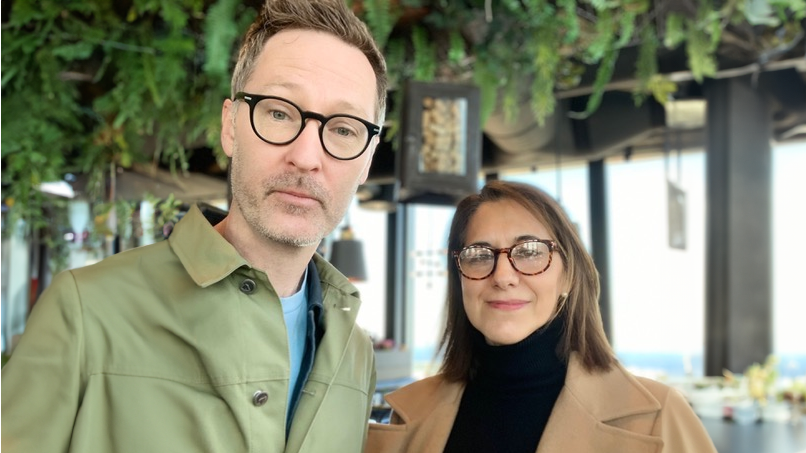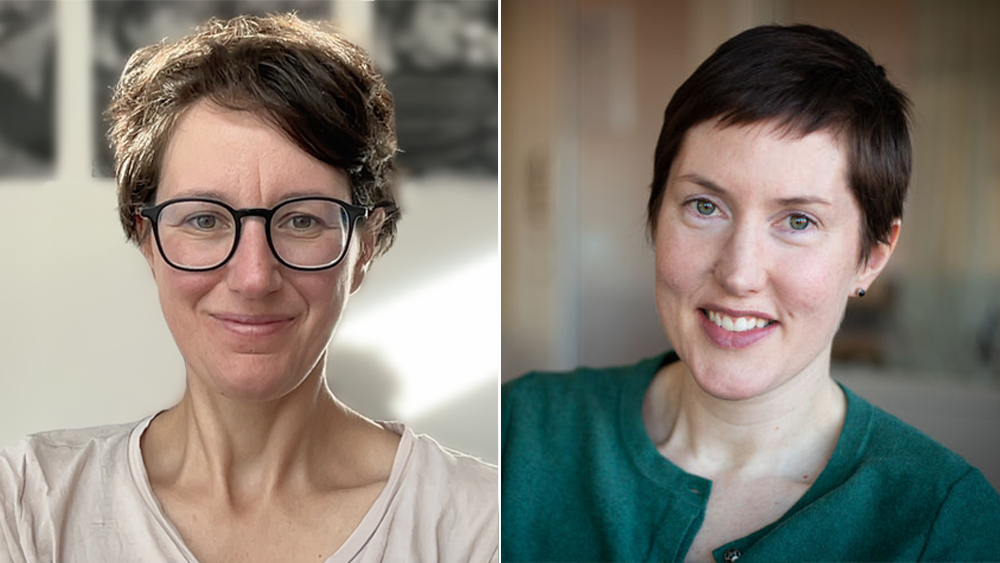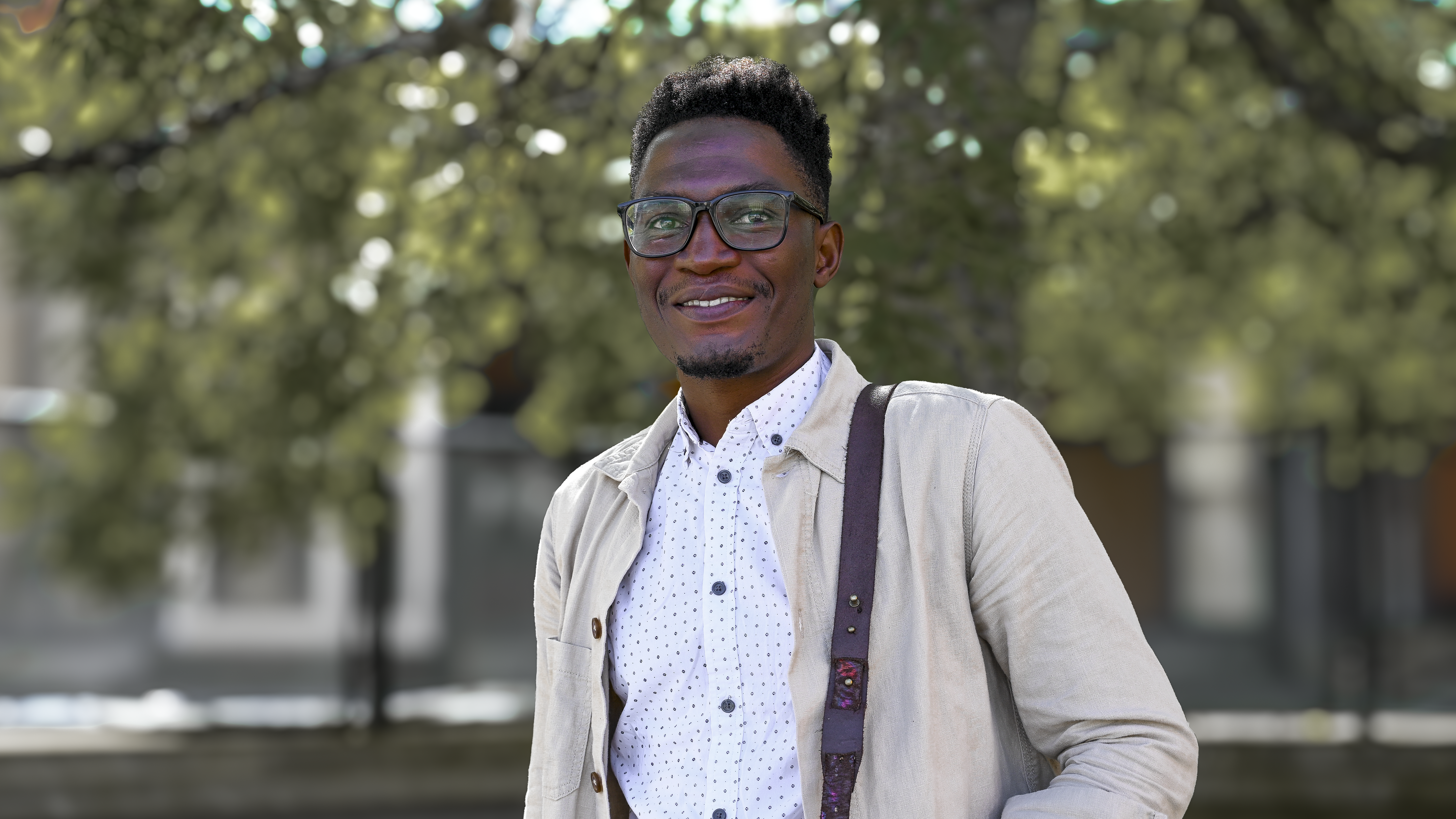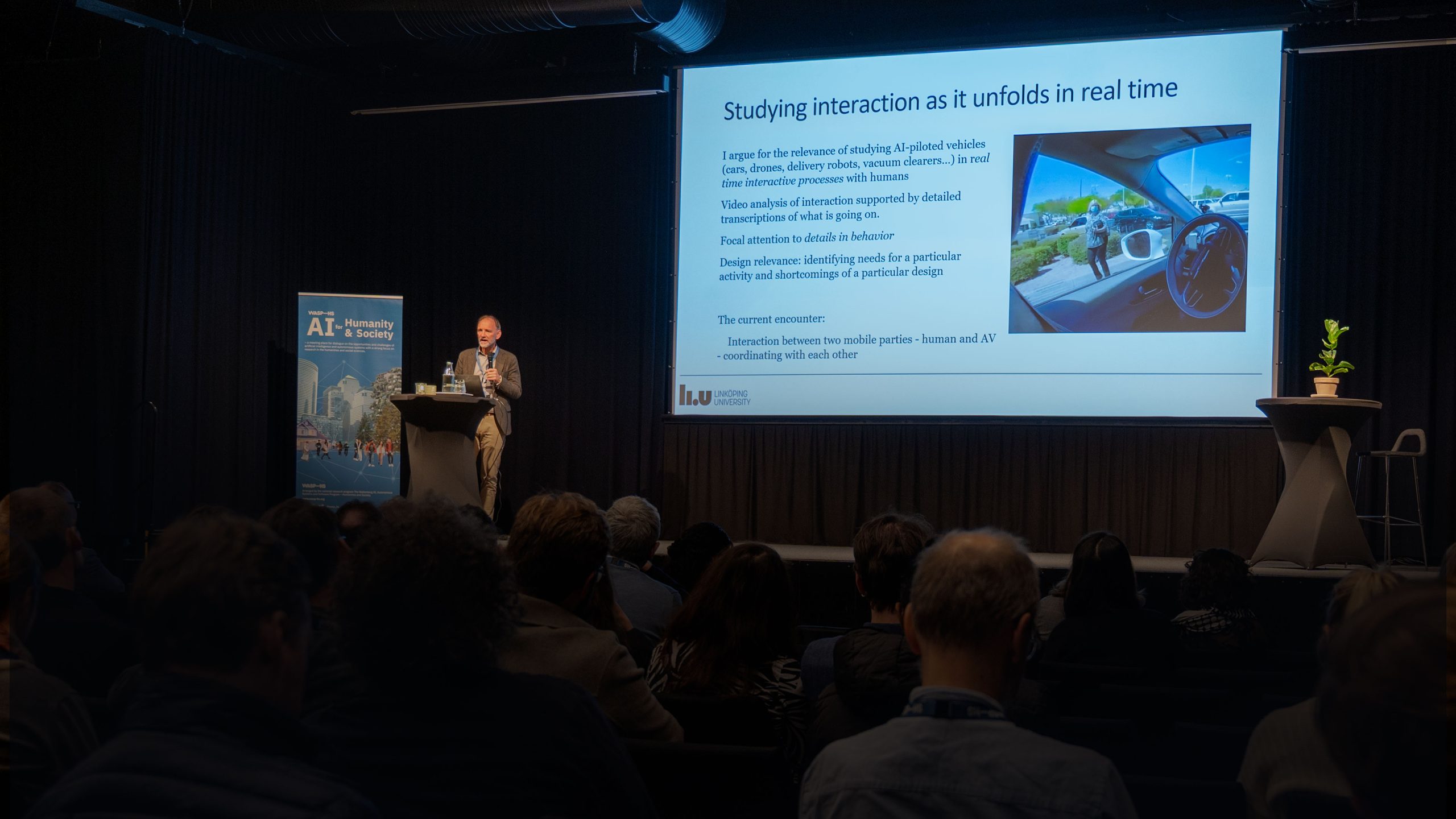In the past year, the discourse around AI has seemingly gone from having a strong focus on research and innovation, a concern for the more initiated, toward becoming the talk of the town, being present on everybody’s minds and lips. A part of its presence in the daily reporting in the news, the topic of AI development has become the focus of billion-dollar investments with planetary ambitions, as well as heard in conversations at the local falafel stands, but also located at centre stage in the regulatory European negotiations in Brussels.
There is no doubt that AI, a specific research field developed by the work of highly qualified researchers studying intelligence in machines, has become a mundane topic of conversation, a set of technologies with a strong everyday impact, where everyone has something to say.
While this state of affairs opens enormous opportunities for the ordinary citizen to form opinions about AI regarding the fate of ordinary jobs, the future of democracy, human rights, education, or the health sector, among others, it also contributes to much confusion and, at times, polarised conversations. This is particularly true for conversations where, on the one hand, AI evangelists sell bright, near futures, while others are concerned with apocalyptic, perhaps more distant futures and, at the same time others are preoccupied with the present pressing concerns of discriminatory models trained in energy-guzzling proprietary environments.
For this year’s WASP-HS annual conference AI for Humanity and Society 2023, we therefore seek to address the mundanity of AI specifically, but with a critical eye. Besides being a trademark of the humanities and social sciences, we think criticality is also a stance motivated by the need to disentangle what contemporary AI development means and brings for the citizens, and for us as a society.
Specifically, what should be the main concerns for AI scholars, ranging from economists and lawyers to sociologists and philosophers, to study? What sort of interdisciplinarity is possible, and what sort is most pressing to stimulate? Are the universities, in their traditional and conservative organisation, even fit for the interdisciplinary needs of a mundanely integrated AI in society? Furthermore, what sort of critically needs to be fostered to address what is not in plain sight? By what methods can we study not only explicit discourses of AI but also what is hidden or silenced? By what norms and standards should complex technologies that mirror human structures in all their flaws be governed? By whom and to what end?
These questions underpin this year’s conference program, and we hope can frame the conversations we would like to have with the community in Malmö this year.
Under the umbrella of “Living with AI – Critical Questions for the Social Sciences and Humanities,” we structured the conference into three main themes:
- Criticality & AI Studies
- Norms, Assumptions, and Values
- Methods and Interdisciplinarity
These themes are addressed in the three keynote presentations and the three-panel discussions.
We start the conference by addressing the theme of Criticality with Shannon Valor, Professor in the Ethics of Data and AI, University of Edinburgh, who will address Human Prediction and Reflection in AI. The keynote is followed by a panel discussion on Criticality led by Katherine Harrisson, Associate Prof. at Linköping University.
The keynote by Sofia Ranchordas, WASP-HS Guest Professor in Sociology of Law at Lund University, will address How to be Human Again in the Digital Administrative State and, as such, will introduce us to the topic of Norms, Assumptions, and Values. The keynote is followed by a panel discussion on Norms, Assumptions, and values led by Stefan Larsson, Associate Prof. at Lund University.
The second day of the conference starts with the keynote by Sarah Cook, WASP-HS Guest Professor in AI and Art at Umeå University, which will address What We Can Learn About a World With AI by Looking at What Artists are Doing With Information Systems. The keynote is followed by a panel discussion on Interdisciplinarity led by Teresa Cerratto Pargman, Prof. at Stockholm University,
In addition, and to stimulate more debate within this research community, we designed a call for pre-conference workshop proposals that was coordinated by Liane Colonna, Assistant Prof at Stockholm University, and Donal Casey, Assistant Professor at Uppsala University.
The eight selected workshops address topics ranging from the role of trust in AI, surveillance issues, ethical tech cultures, generative AI, and the information landscape to workshops addressing knowledge elicitation, educational implications, and both AI futures as well as implications of AI practices within the cultural heritage sector.
Overall, it feels an enormous privilege to create a conference program with such a bright and nice group of colleagues to discuss Living with AI from a Critical Stance in the Social Sciences and Humanities.
We hope to see you on the 14-15 November 2023.
Come and join us in vibrant Malmö!
Stefan and Teresa






